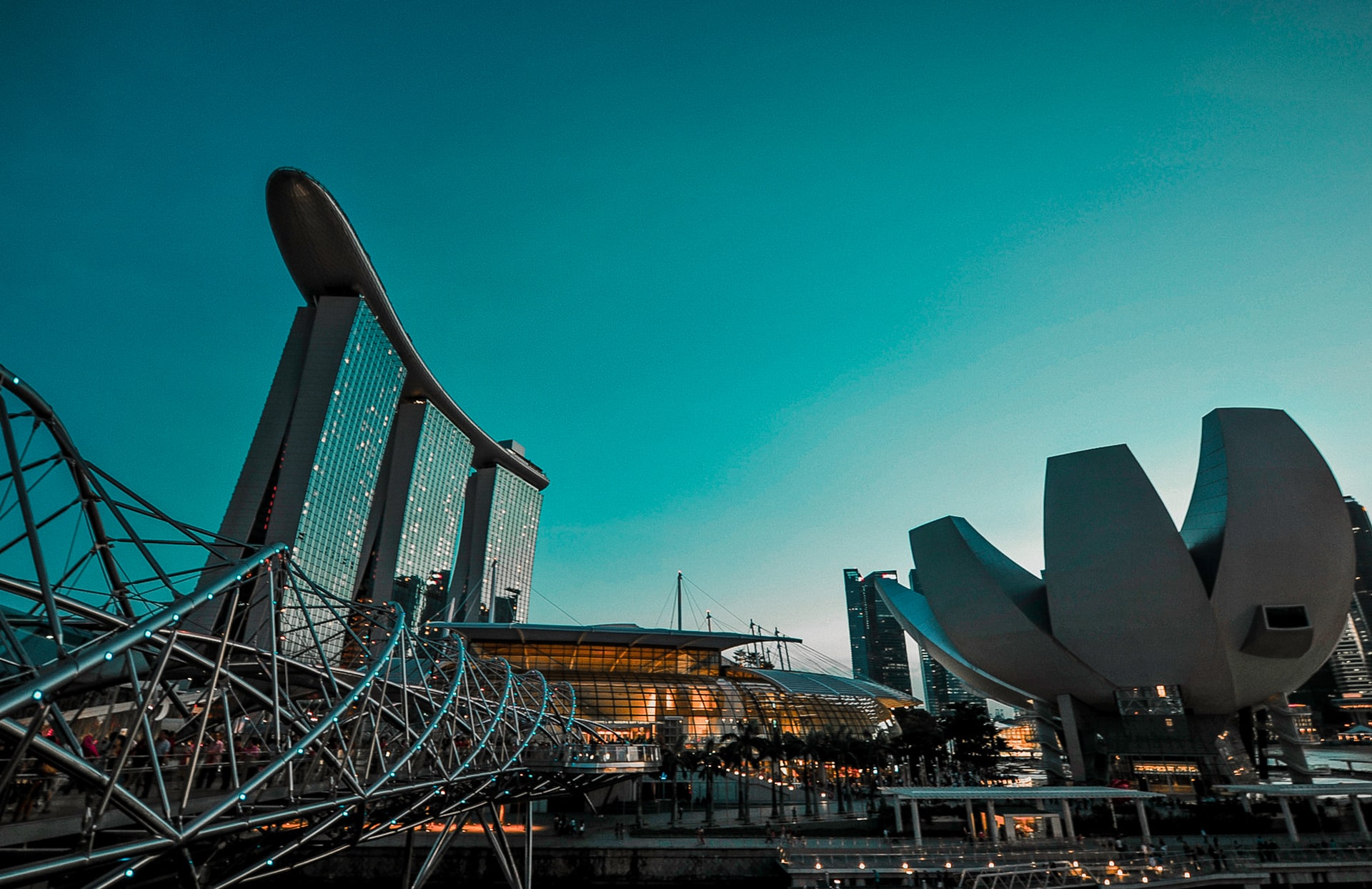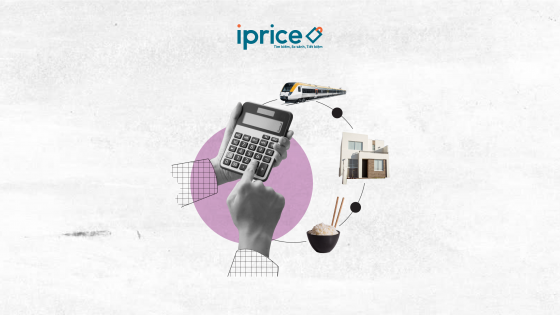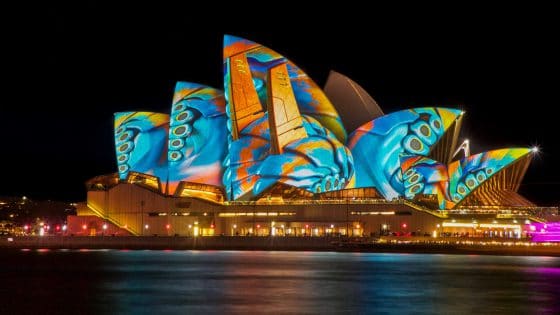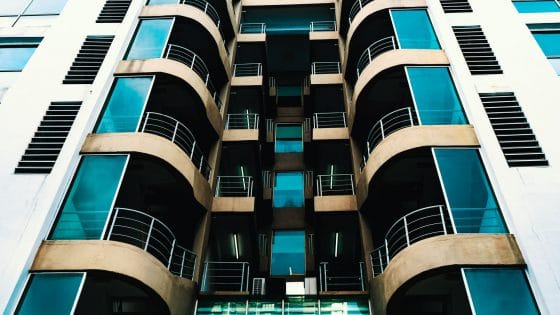Southeast Asia’s large population and its growing purchasing powers have been boosting the growth of luxury brands in the region. 2020 has been a reset year for luxury. Lack of travel, cautious spending, and a surge in online shopping has demanded agility from luxury brands.
To understand the changing luxury landscape in 2020, Isentia uncovered luxury-related discussions in mainstream and social media across major Southeast Asian countries – namely Singapore, Malaysia, Vietnam, the Philippines, Indonesia, and Thailand. Drawing from media analytics data obtained between October 1, 2020, and November 15, 2020, Isentia identified the key trends across key SEA countries as we enter 2021.
Celebrity and Korean Pop influences are growing in the Philippines
Prominently highlighted in the Philippines, mainstream media reported heavily on local celebrities like Heart Evangelista, Sharon Cuneta, and Kris Lawrence with their luxury items. Social media conversations for the top luxury brands in the Philippines was primarily driven by discussions on local and K-pop celebrity brand ambassadors. K-pop celebrities who were named brand ambassadors were the most consistent drivers of social media conversations in the region.
Luxury vs. income disparity and religious tensions are on the rise in Indonesia and Malaysia
Another notable trend was the income disparity and religious tensions in the region. The dissatisfaction towards French President Emmanuel Macron’s speech on fighting “Islamist separatism” angered Muslims worldwide and led to the dominance of mainstream media coverage on the boycotting of French luxury brands like Louis Vuitton, Dior, Yves Saint Laurent and Chanel in countries like Indonesia and Malaysia. Indonesian netizens highlighted the vast income disparity in the country as celebrities threw their luxury bags away, with several asking for the celebrities’ bags instead.
Singapore focusing on what lies ahead for luxury
The media coverage in Singapore was driven by business and profit-centred focus articles that delved into LVMH and Tiffany’s price agreements in a $16 billion takeover deal, innovative business strategies including the use of augmented reality at Dior and messaging apps at Louis Vuitton. While Singaporean netizens mentioned a range of luxury brands as part of discussions on life decisions and rituals – what, when and where should luxury brands like Tiffany & Co., Gucci and Louis Vuitton be bought or gifted for dating, marriage proposals and work purposes.
“A strong reflection of Singapore’s material wealth has been the continued interest in luxury products among Singaporean netizens despite the COVID-19 climate,” Isentia’s Senior Insights Manager, Singapore, Jenna Wang said.
The Rising Purchasing Powers make the Vietnamese a key target for luxury brands
Coverage from digital journalism and social media conversation in Vietnam alluded to the growing demand for well-made and meaningful luxury items. Vietnamese consumers are beginning to reject fast fashion and seek the image of success/status by owning luxury. The mainstream media coverage circled local partnerships made by Chanel, films of meticulously handcrafted Dior handbags and the moving story of Louis Vuitton Chairman and CEO’s success. The social buzz in Vietnam supported these sentiments as numerous netizens shared about the must-have Yves Saint Laurent, Dior, Louis Vuitton and Gucci skincare, make-up and fashion items.
“Vietnam is at its entry stage of the luxury industry, which has been fuelled by economic growth, the rise of e-commerce, celebrities, and international travels, along with increasingly connected consumers. Middle-class Vietnamese are spending on second-hand or hand-carried goods, make-up and accessory lines. The growing need of owning genuine products posed opportunities in the Vietnam market; however, luxury brands would need a strategic move to win over counterfeits and second-hand supplies.” Nhi Tran, Isentia’s Senior Insights Manager, Vietnam, explained.
On the contrary, referencing the luxury industry in Malaysia, Isentia’s Associate Insights Director, Malaysia, Ho Paik San, noted that consumer confidence has slowed down as the market endured the economic recession and declining outlook of job prospects. “The demand for luxury brands in Malaysia has been dampened as countries continue to close their borders for tourism. Due to the drastic decline in foreign tourists, luxury retailers are moving to online shopping, and this mode of shopping will become another major distribution channel for luxury goods in the country,” she added.
As for the Emerging Markets, which may offer the most potential even with the transition of 2020 to 2021 shaping up to be another challenging year for the global economy, consumer spending for luxury items remains resilient in this side of Asia.
“This is not to say that consumption for luxury spending is poised to see skyrocketing growth rates as we enter a post-pandemic period. To be able to reach these conclusions for Indonesia, Thailand, and the Philippines, there is a strong need to deep dive and analyse not only what, when, and where emerging consumers are buying, but also why they make their choices. All the more worthy of highlighting is that through actionable insights, we will discover and bust significant myths about the mind-set and behaviour of emerging consumers.” Lady Ochel Espinosa, Isentia’s Regional Insights Manager for Emerging Markets, SEA concluded. To view the full report and analysis, click here.
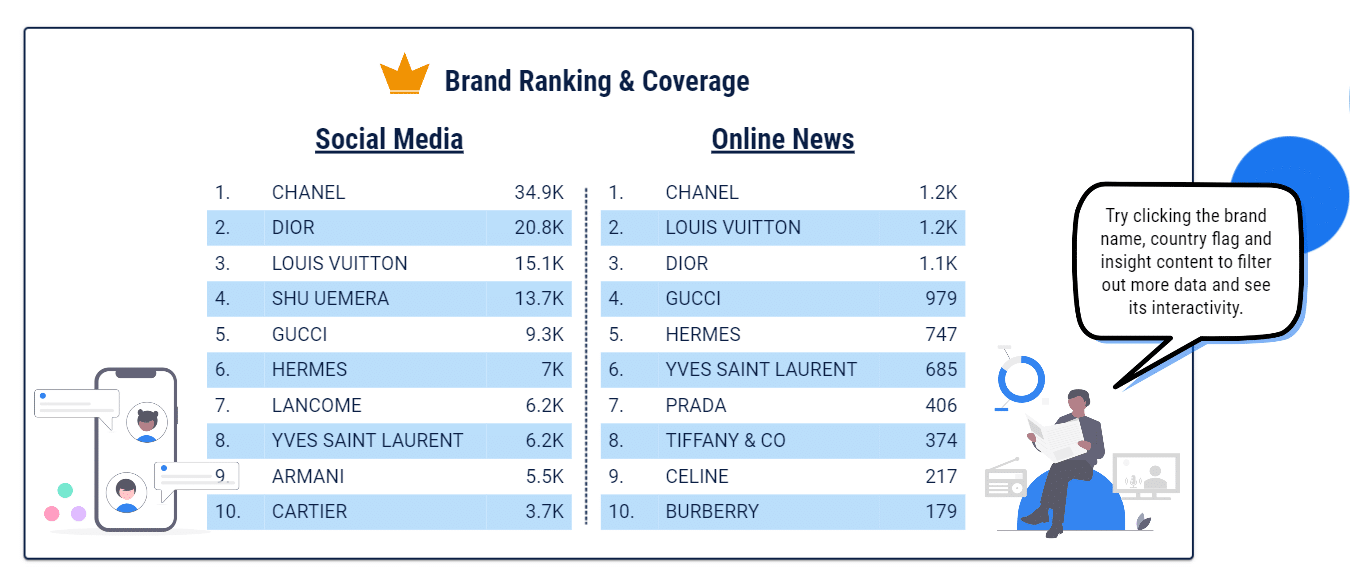
Do you have an article, infographic, podcast, presentation slides, press release or a key individual from your organisation that you'd like to highlight on Marketing In Asia? Head on over to Upload Your Content for more info.











